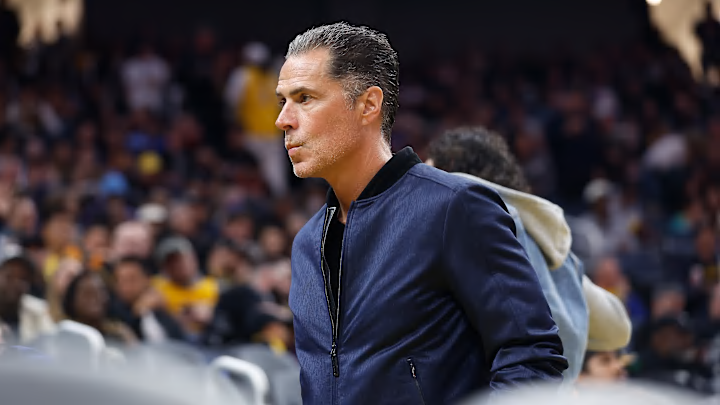3. Draft picks and drafted players are more than just trade assets
Trading for players who provide an instant fix is an issue on its own, but parting with draft picks and up-and-coming players as though there's no further value to explore has been a fatal flaw. Understanding that reality is often the difference between contenders and pretenders.
As the Los Angeles Lakers finally begin a push toward a sustainable future with quality young players and the rights to future draft picks, they must not lose sight of their value.
The obvious reason to more thoroughly explore a young player's future is the fact that they might have untapped potential. Giving up on said individual before you're able to help that upside materialize generally means depriving a coach of an opportunity to create steady roster improvement from within.
The other reason the Lakers should be reluctant to part with young players and draft picks is financial—and the new salary cap rules make that aspect of team-building more important than ever before.
Incoming rookie Dalton Knecht, for instance, is signed for as long as the next four seasons with an average salary of $4,620,805. Even if he maxes out as a role player, it's still a tremendous value-to-dollar situation that's only been made possible by understanding the importance of drafted players.
Rather than trading Knecht for a player who might provide more short-term value, but at a significantly higher price tag, the Lakers must look for ways to improve without parting with the low-cost contributors who can fill out the rotation in an affordable manner.
There's nothing wrong with taking a chance on a proven commodity, but properly weighing the opportunity cost is consistency the difference between success and failure.
The Lakers found that out the hard way, but it's not too late to learn from their mistakes.
